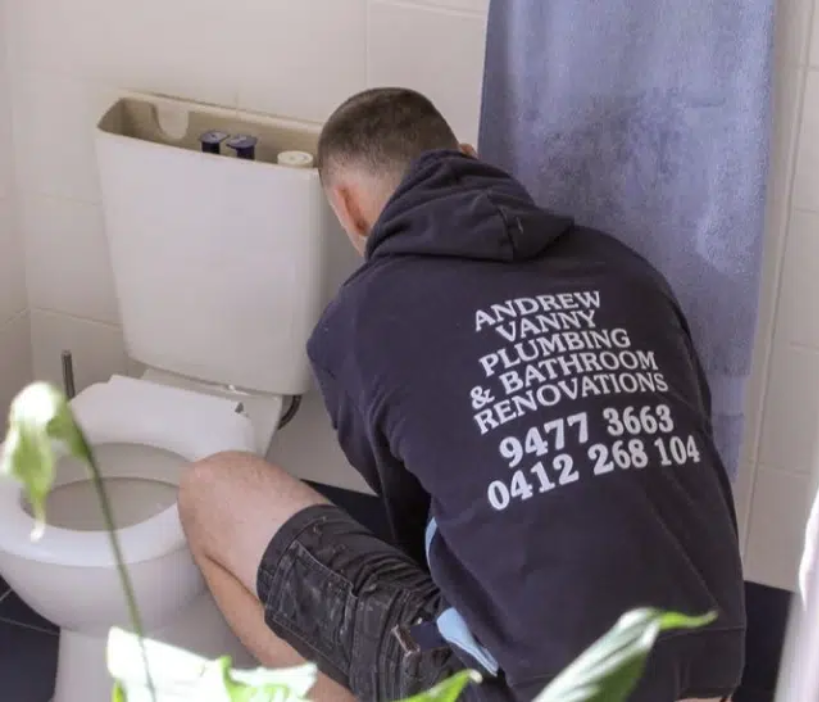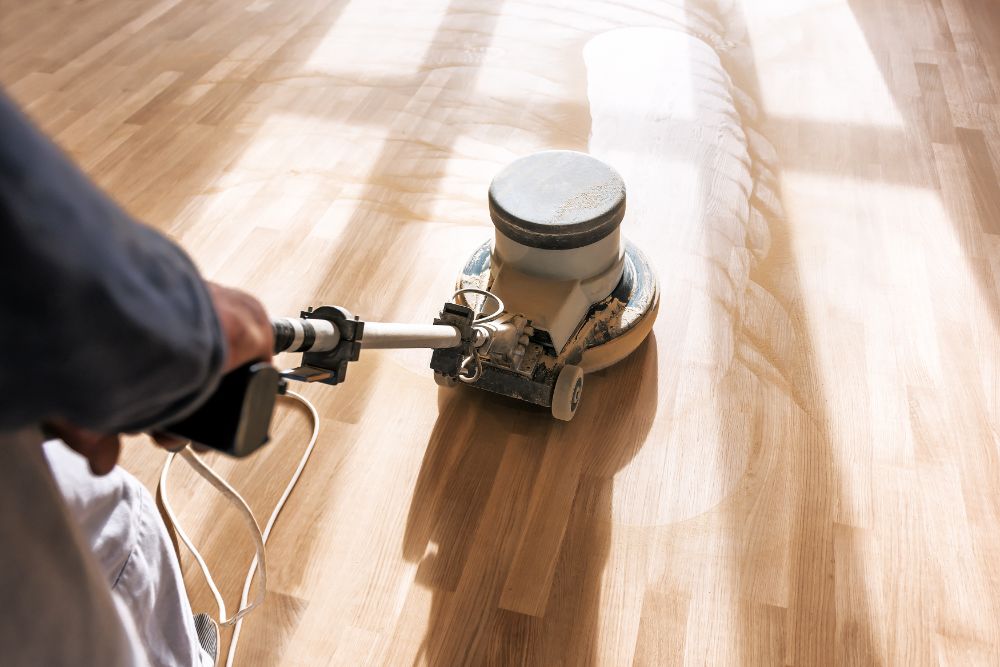
Hot water is an essential resource in our daily lives, from showering and cleaning to cooking and laundry. However, when your water takes too long to heat up, it can be frustrating and inconvenient. There are several reasons why this may be happening, ranging from simple fixes to more complex issues.
Here are some of the most common causes of slow water heating and provide practical solutions to help you restore your hot water supply efficiently. If you are unable to solve them at your own, then you must consider hiring a local plumber North Shore.
Sediment Buildup in the Water Heater
One of the most prevalent culprits behind slow water heating is sediment buildup inside the water heater tank. Over time, minerals and debris from the water settle at the bottom of the tank, creating a layer of sediment. This layer acts as an insulator, preventing the heating element from efficiently warming the water.
Solution: To address sediment buildup, consider flushing the water heater tank periodically. Consult an expert plumber in North Shore for specific instructions on how to do this safely. Flushing the tank will remove the accumulated sediment, allowing the heating element to function optimally.
Thermostat Issues
A malfunctioning thermostat can also be responsible for slow water heating. If the thermostat is not accurately detecting the water temperature, it may not signal the heating element to turn on, leading to inadequate or lukewarm water supply.
Solution: Check the thermostat settings and ensure it is set to an appropriate temperature. You may try adjusting it slightly higher to see if that improves the water heating speed. If the thermostat remains unresponsive or erratic, it may require professional servicing or replacement.
Insufficient Power Supply
For electric water heaters, the heating element relies on an adequate power supply to heat the water efficiently. If the power supply is insufficient, it can lead to slow heating times.
Solution: Verify that the water heater is receiving the correct voltage and that no other heavy electrical appliances are drawing power simultaneously. If necessary, contact an electrician to inspect and upgrade your electrical system to meet the water heater’s power requirements.
Damaged or Aging Heating Element
The heating element itself may be damaged or worn out after years of use, causing it to lose its effectiveness in heating water promptly.
Solution: If you suspect a faulty heating element, turn off the power supply and examine it for signs of damage. If you’re unfamiliar with electrical components, it’s best to seek assistance from a professional plumber or technician to replace the heating element safely.
Inadequate Insulation
Water heaters with insufficient insulation can lose heat more rapidly, leading to extended heating times and increased energy consumption.
Solution: Check your water heater for proper insulation. If needed, consider wrapping the tank with an insulating blanket specifically designed for water heaters. This simple addition can significantly improve the water heater’s energy efficiency and reduce heating time.
Plumbing Issues
Sometimes, the problem isn’t with the water heater itself but with the plumbing system. Clogged or corroded pipes can restrict water flow, leading to slower hot water delivery.
Solution: Inspect your plumbing system for any visible signs of blockages or corrosion. Clearing minor clogs can be done using store-bought solutions, but for more severe issues, it’s best to hire a professional plumber to diagnose and address the problem effectively.
Distance from Water Heater
If you have a tankless water heater or a centralized water heating system, the distance between the fixture and the water heater can influence heating times. The farther the hot water has to travel through pipes, the longer it will take to reach its destination.
Solution: Consider installing a point-of-use water heater closer to frequently used fixtures to reduce the distance hot water needs to travel. This can be a cost-effective solution to provide faster access to hot water without overhauling your entire plumbing system.
Cold Weather Conditions
In colder climates, the incoming cold water temperature is lower, making it more challenging for the water heater to reach the desired hot water temperature quickly.
Solution: While you may not be able to control the weather, you can take steps to improve your water heater’s efficiency during colder months. Insulating exposed pipes and the water heater itself can help retain heat and reduce the impact of colder temperatures.
Final thoughts
When your water takes too long to heat up, identifying the root cause is essential to implement the right solution. Whether it’s sediment buildup, thermostat issues, power supply problems, a damaged heating element, insufficient insulation, or plumbing issues, taking appropriate action can restore your hot water supply promptly. Remember to consult a professional if you’re unsure about any of the troubleshooting steps, as their expertise can save you time, money, and ensure the safety of your water heating system in the long run.





